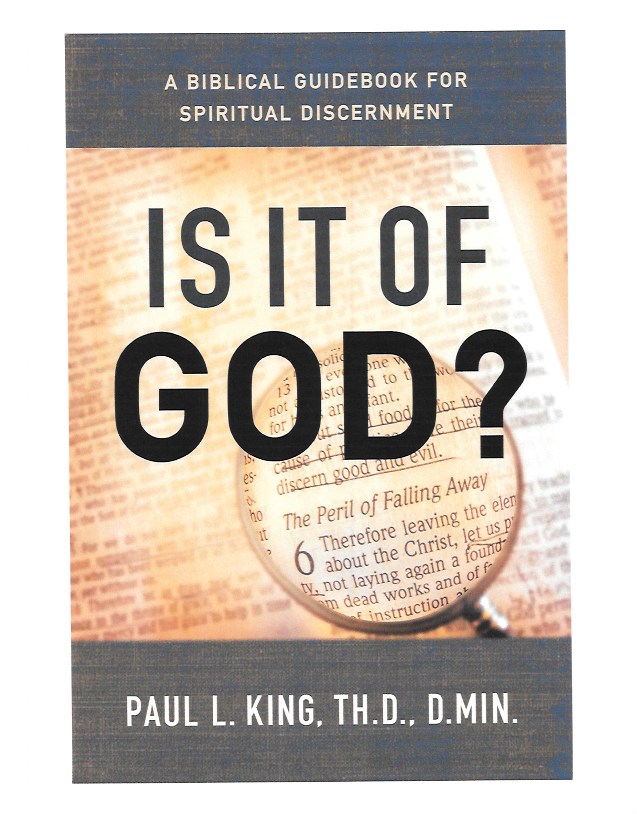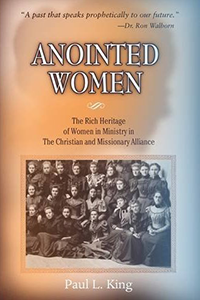In my earlier blogs, I shared from Scripture the difference between discernment and judgment and the types of discerning judgment we can exercise. Now we look at the types of judgment God’s Word tells us are off-limits to us.
Accusing Critical Judgment. I mentioned in an earlier blog that both Oswald Chambers and Corrie Ten Boom caution that God never gives us discernment in order that we may criticize or find fault, but that we may intercede. This is a crucial principle of distinguishing between discernment and judgment.
In Scripture, usually the Greek terms for judgment (krino, krisis) are used in a negative sense, as faultfinding, blaming, accusatory, or critical judgment. Jesus asserts that such critical judgment not discernment, but is of the flesh: “You judge after the flesh; I judge no man” (John 8:15). He defers to the Father for judgment. He warns disciples not to exercise this kind of judgment, especially without exercising critical judgment towards one’s self:
Do not judge so that you will not be judged. For in the way you judge, you will be judged; and by your standard of measure, it will be measured to you. Why do you look at the speck that is in your brother’s eye, but do not notice the log that is in your own eye? Or how can you say to your brother, ‘Let me take the speck out of your eye,’ and behold, the log is in your own eye? You hypocrite, first take the log out of your own eye, and then you will see clearly to take the speck out of your brother’s eye (Matt 7:1-5).
Failing to judge ourselves critically makes us hypocrites, for when we critically judge ourselves we will not critically judge others. Scripture gives several additional admonitions not to exercise critical judgment (Rom 14:13; Col 2:16; John 7:24; 1 Cor 4:5). Scripture has a lot to say about critical judgment:
- We Are Not to Judge Critically the Liberty of Another Person’s Conscience, nor should someone critically judge the liberty of our conscience (1 Cor 10:29).
- Judging Others Can Bring Condemnation on Ourselves (Rom 2:1-3).
- Only the Holy Spirit Can Critically Judge Appropriately (John 16:8; 1 John 3:19-21).
- Pride Makes Us Vulnerable to Critical Judgment by Satan (1 Tim 3:6). Pride results in accusatory judgment condemnation from the devil. Francis Frangipane wisely counsels, “We will never possess mature, ongoing discernment until we crucify our instincts to judge.”
Partiality is Prejudicial Judgment (1 Tim 5:21). The word Paul uses for partiality means to pre-judge, to judge before the appropriate time. It is to judge without discernment—without analytical judgment (anakrino) and thoroughly discerning judgment (diakrino). It is to jump to conclusions, looking at appearances rather than the heart.
Worse Than Critical Judgment Is Condemning Judgment—that pronounces a person guilty (Luke 6:37). If we condemn, we are guilty of judgment God does not permit us to exercise, and we are ourselves condemned (Matt 12:36-37).
To Judge or Not to Judge? That Is the Question.
To review, only God is the Righteous Judge. Only Jesus exercises righteous judgment. Only the Holy Spirit can make comparative judgments. Only the Word of God is the Gold Standard criterion for judgment.
We can only exercise righteous judgment when we see as Jesus sees—in the heart. As believers, we can exercise discerning judgment in three ways: 1) the gift of discerning spirits; 2) discerning analysis through the Holy Spirit; 3) thoroughly discerning judgment that distinguishes degrees of purity through maturity in the Spirit.
Above All, Love
All true discernment is done in a loving spirit, not a critical spirit. Paul prayed, “And this I pray, that your love may abound still more and more in real knowledge and all discernment (aesthesis), so that you may approve (dokimazo) the things that are excellent, in order to be sincere and blameless until the day of Christ” (Phil 1:9-10). Discernment and love walk hand-in-hand, examining ourselves first.
Believers are not to judge critically, unless clear and severe sin is involved, and even then very carefully in an attitude of love for the purpose of restoration. No one should exercise such critical judgment cavalierly, but only for the severest most blatant sins, and even then, it is not for the purpose of damning someone, but for restoring the person to repentance and reconciliation.
While at times, like with our children, we need to exercise tough love, a critical spirit does not manifest the love of Jesus. “Speak the truth in love” (Eph 4:15), Paul emphasized. Discernment and love work in tandem with each other to handle truth appropriately in a Christ-like manner. Even when our discernment calls for rebuke or correction, we must always remember, “Love covers a multitude of sins” (1 Pet 4:8).
Excerpted and adapted from my new book Is It of God? A Biblical Guidebook for Spiritual Discernment. Available for purchase through my website www.paulkingministries.com





Leave a Reply